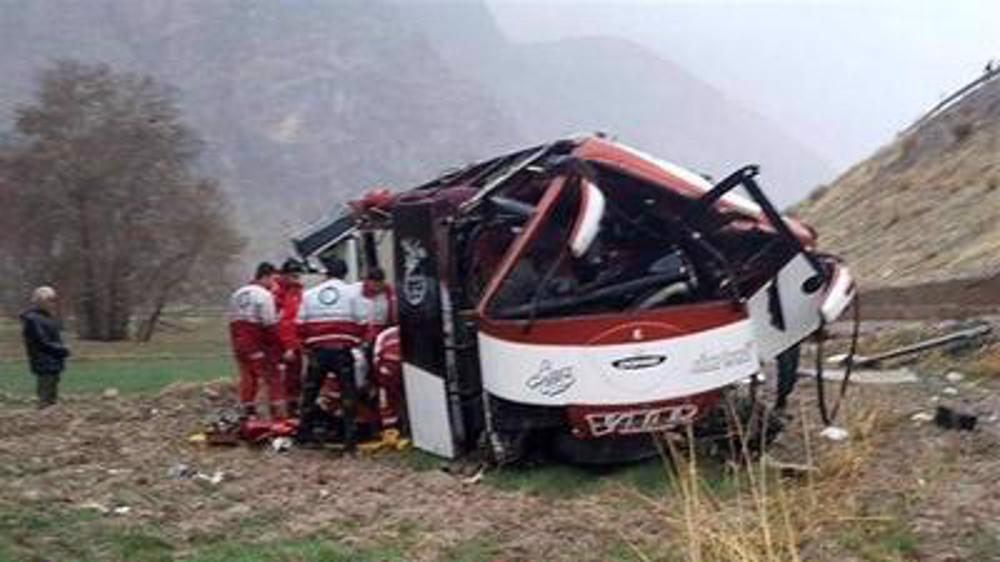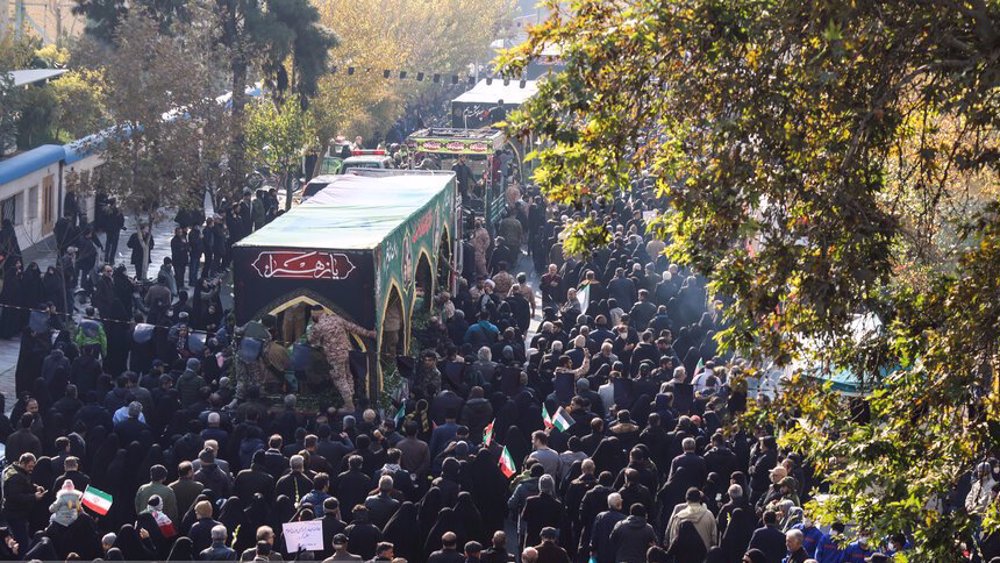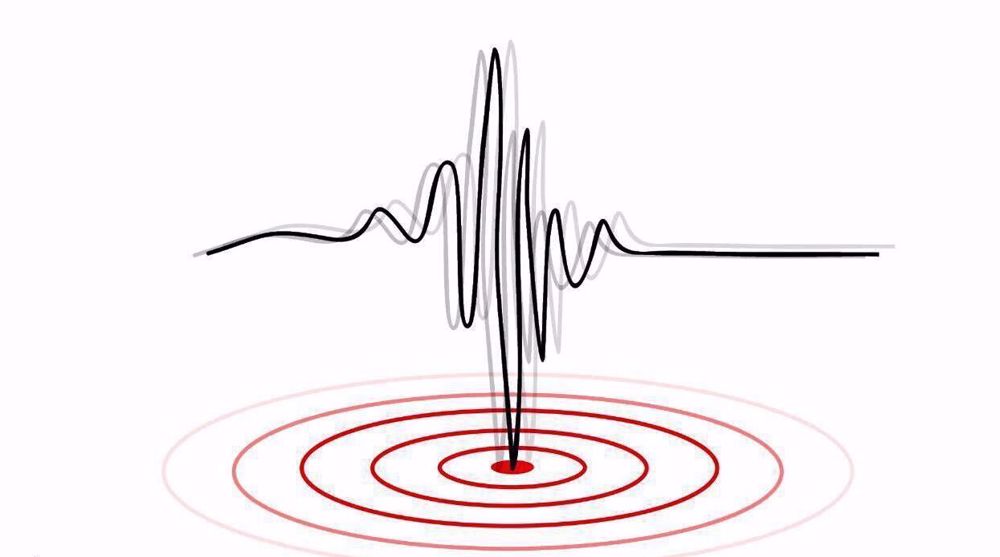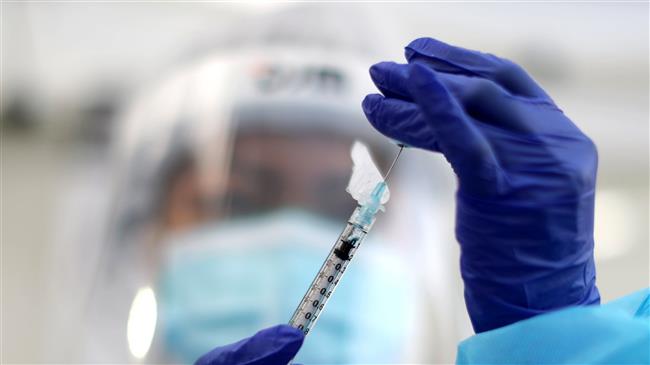First 3 volunteers receive second dose of Iranian COVID-19 vaccine
Three Iranian volunteers have received the second dose of a domestically-developed Iranian vaccine for the COVID-19 disease, 14 days after receiving the first dose.
The injections were made as the three vaccine recipients did not show any disease symptoms or side effects as a result of their first shots during the past 14 days, when they were under medical watch, Fars news agency reported on Tuesday.
During the human trials of the vaccine, recipients remain under medical watch for 14 days for either of the two doses.
The Iranian vaccine, dubbed Coviran Barekat and produced by Iranian experts at the Headquarters for Executing the Order of Imam Khomeini, has been tested on 14 individuals so far. That number is expected to go up to 56 during the clinical stage.
The results of the trial will be announced roughly a month after the second dose.
Iran’s Health Ministry announced last month that 60,000 people had signed up to get the jab after a call for volunteers.
The first person who received the vaccine was Tayyebeh Mokhber, the daughter of the head of the Headquarters for Executing the Order of Imam Khomeini, Mohammad Mokhber.
Coviran Barekat uses coronaviruses that have been weakened or killed to provoke immunological responses, as opposed to leading Western vaccines like Pfizer, which are so-called RNA or mRNA vaccines.
Iran began developing its own vaccination for COVID-19 soon after the coronavirus pandemic began.
So far, 1,299,022 people have tested positive for COVID-19 in Iran, and 56,360 have lost their lives. The daily death rate has fallen significantly in recent weeks following coordinated measures by the Iranian government.
Last Friday, Leader of the Islamic Revolution Ayatollah Seyyed Ali Khamenei voiced his opposition to the import of COVID-19 vaccines produced by the US and Britain.
Following the Leader’s remarks, the Iranian Red Crescent Society (IRCS) called off the import of 150,000 doses of Pfizer COVID-19 vaccines made available by US philanthropists.
Iranian doctors warn against US vaccines
On Tuesday, over 2,500 Iranian doctors, university teachers, and members of the scientific boards of Iranian medical universities wrote a letter to President Hassan Rouhani to voice their misgivings about vaccines by the American firms Pfizer and Moderna.
They said that the coronavirus and mRNA-type vaccination developed against it were both novel and had not been properly studied. They warned that the new-generation vaccines could cause “unknown and sometimes irreversible side effects,” such as epigenetic alterations.
They also highlighted the paradox that while the United States is preventing Iran’s access to much-needed medicine through harsh sanctions, a batch of vaccination is suddenly made available for the country “as charity.”
American warplane downed after Yemeni attacks 'baffled' US air defense: Ansarullah
VIDEO | Yemenis praise the military for its successful operations against Israel
VIDEO | Israel continues to bomb Gaza homes
VIDEO | An insider's view of the country: Meybod City in Yazd
‘All wars have rules. All of those rules have been broken’ by Israel
VIDEO | Report flags India’s violation of rights of Rohingya detainees
Turkey's foreign minister meets Syria's de facto leader in Damascus
VIDEO | US Syria plots
















 This makes it easy to access the Press TV website
This makes it easy to access the Press TV website